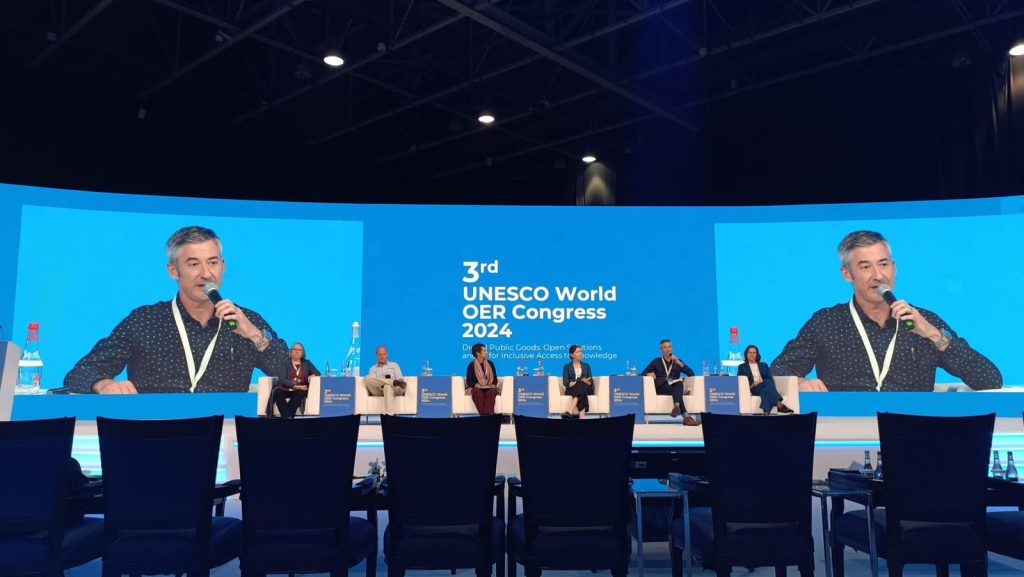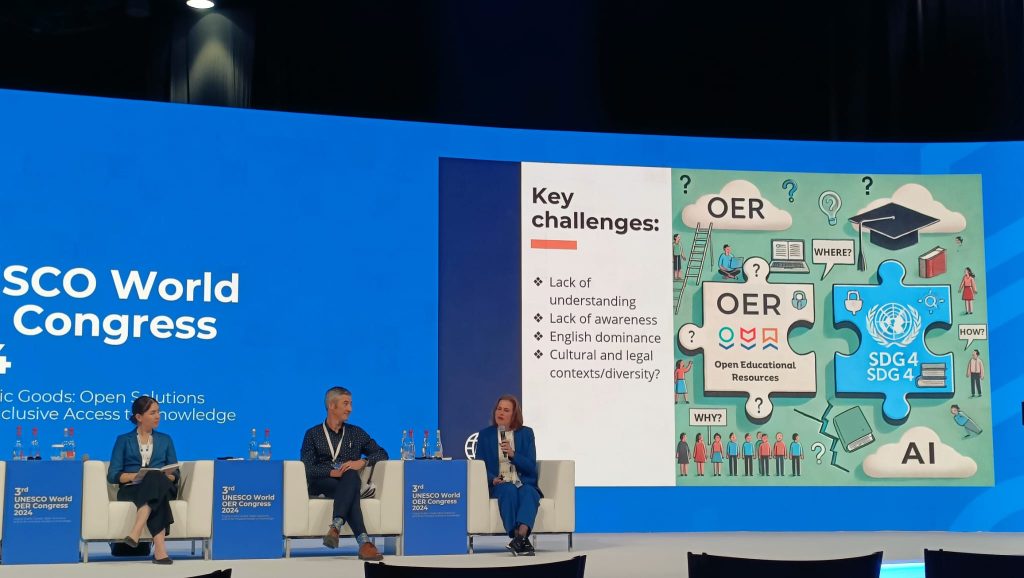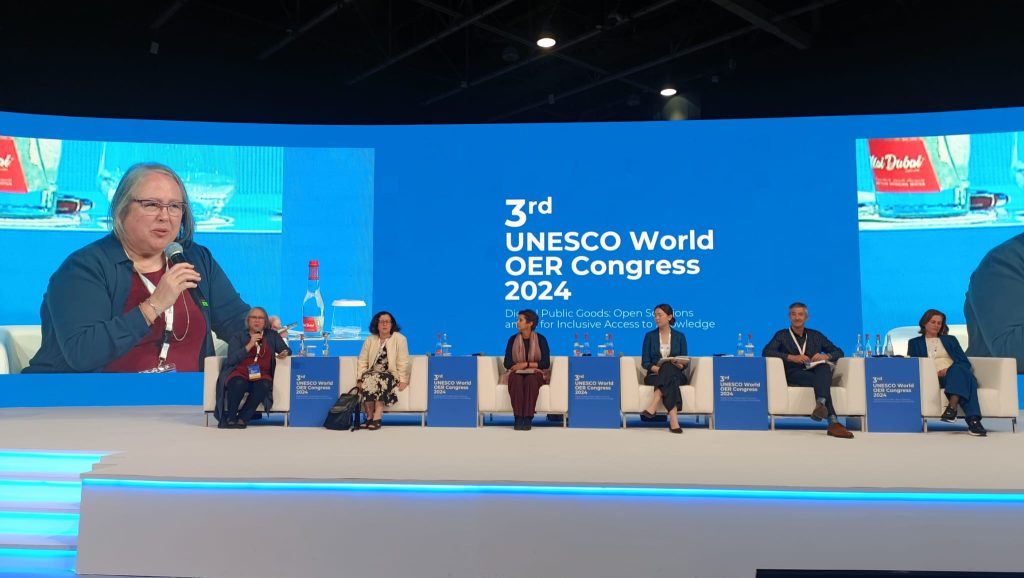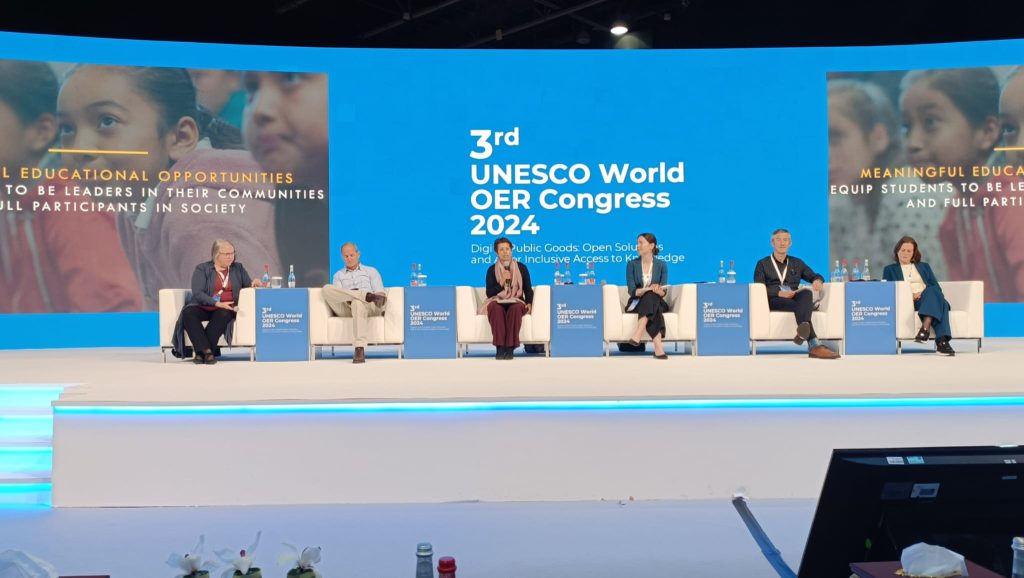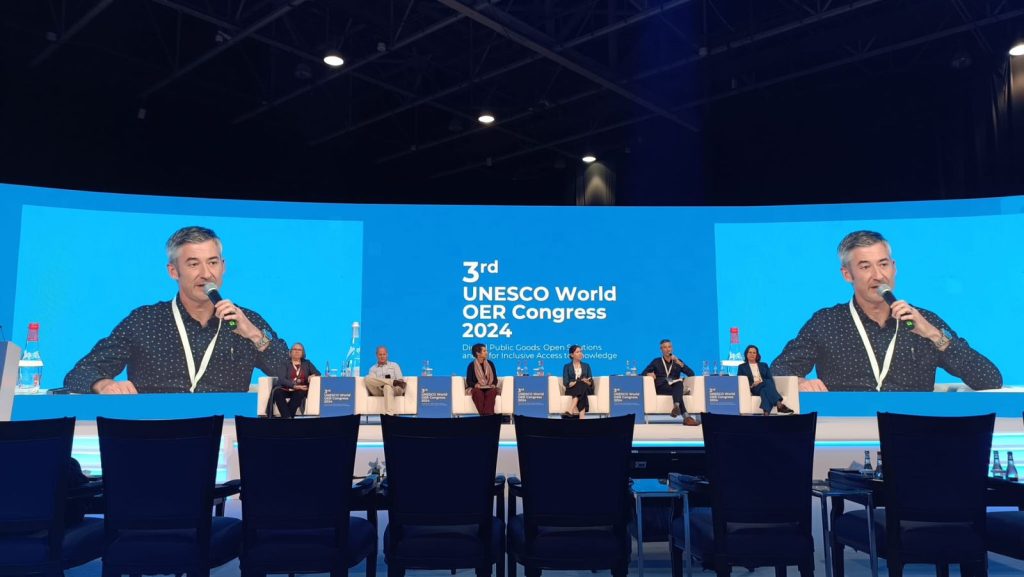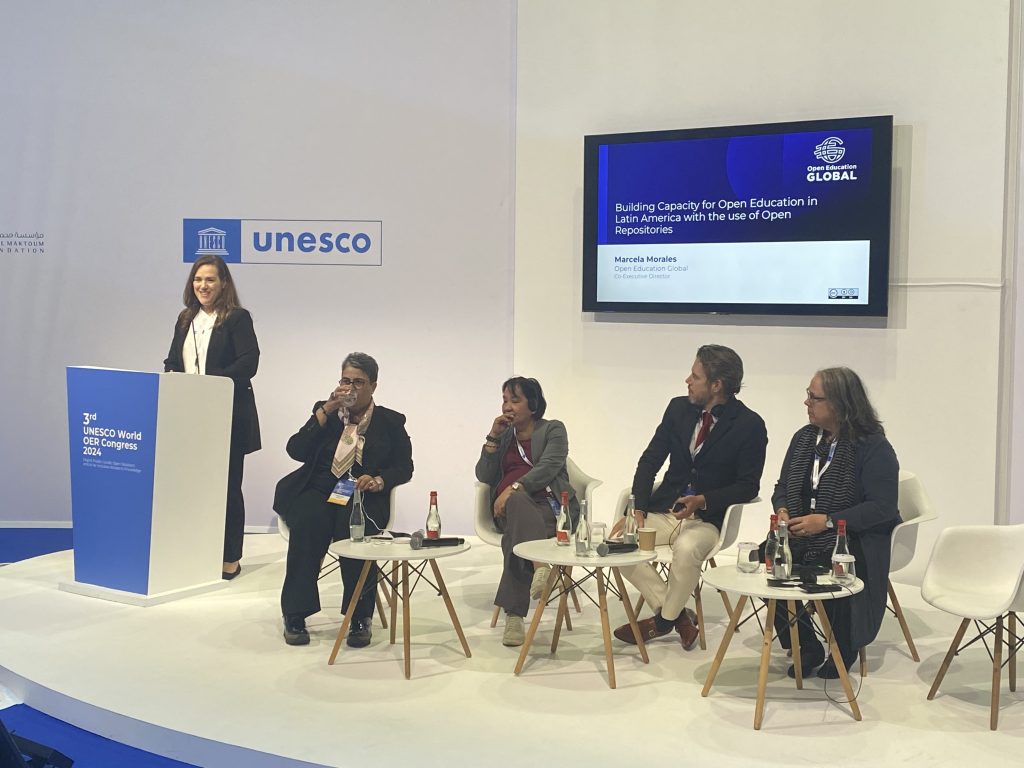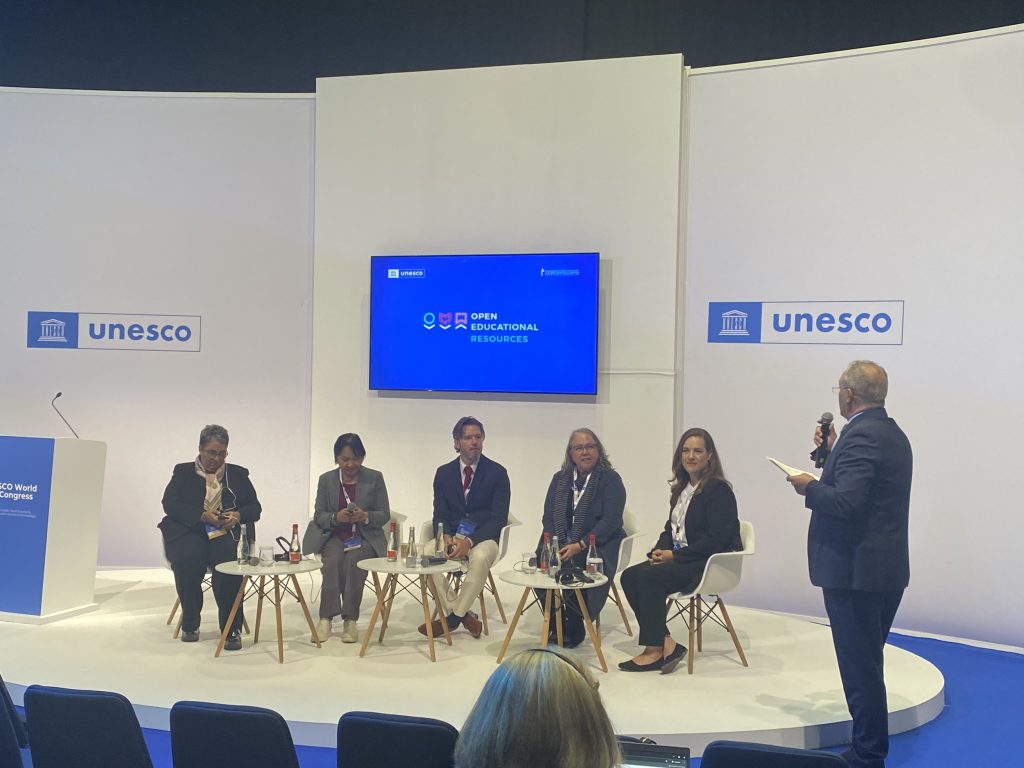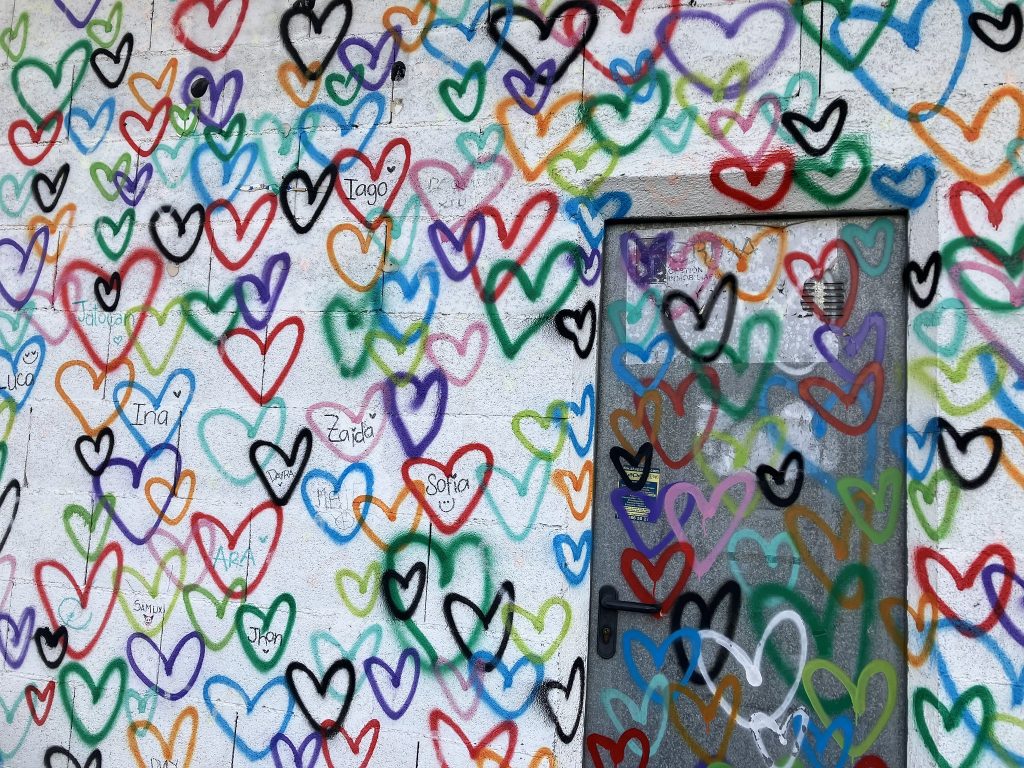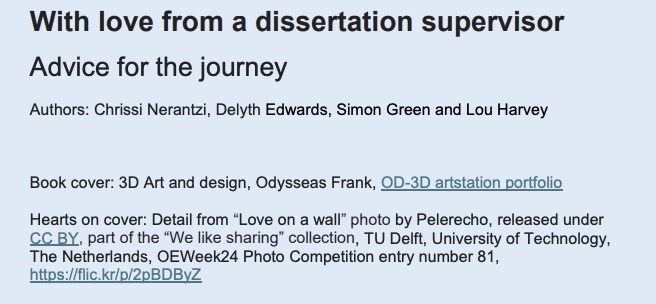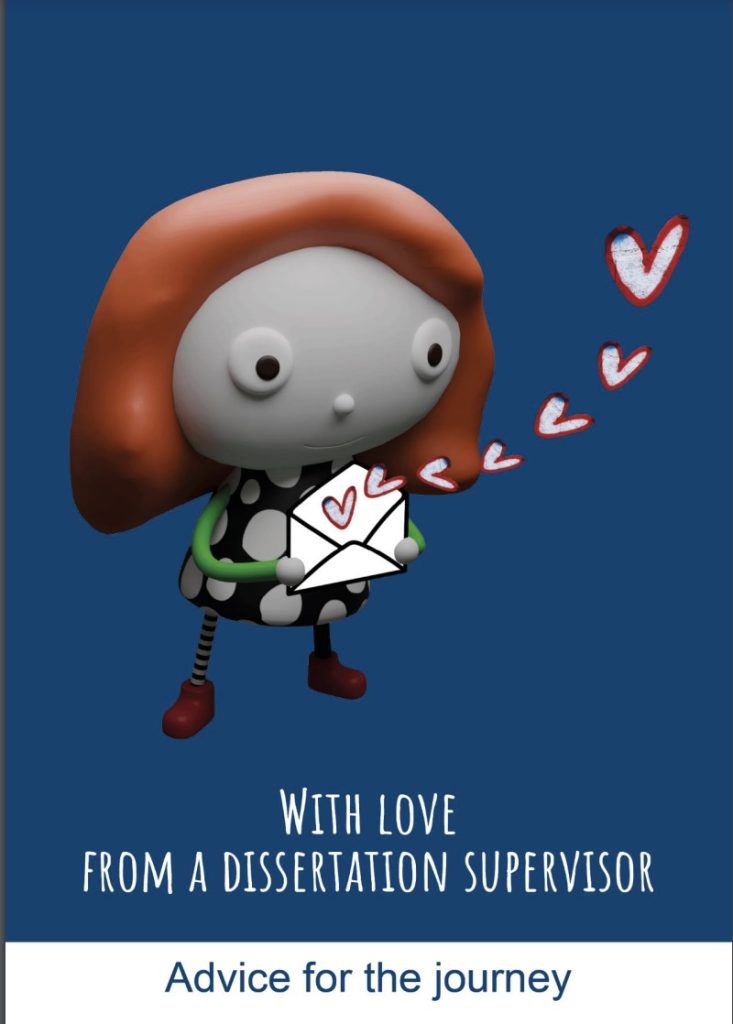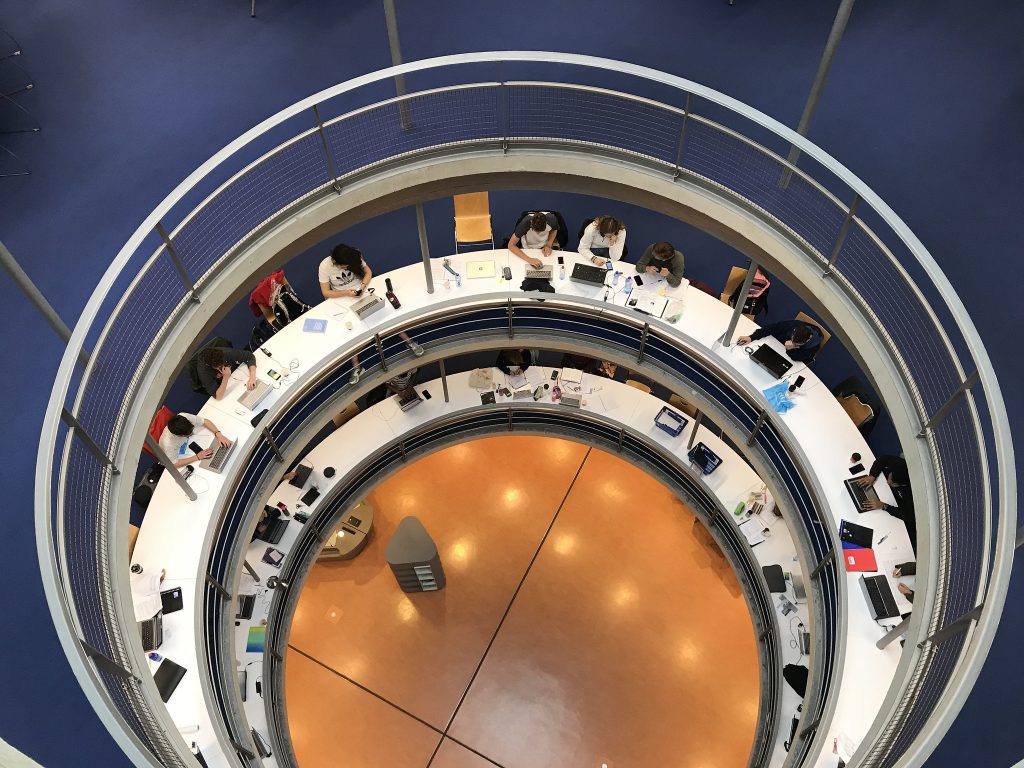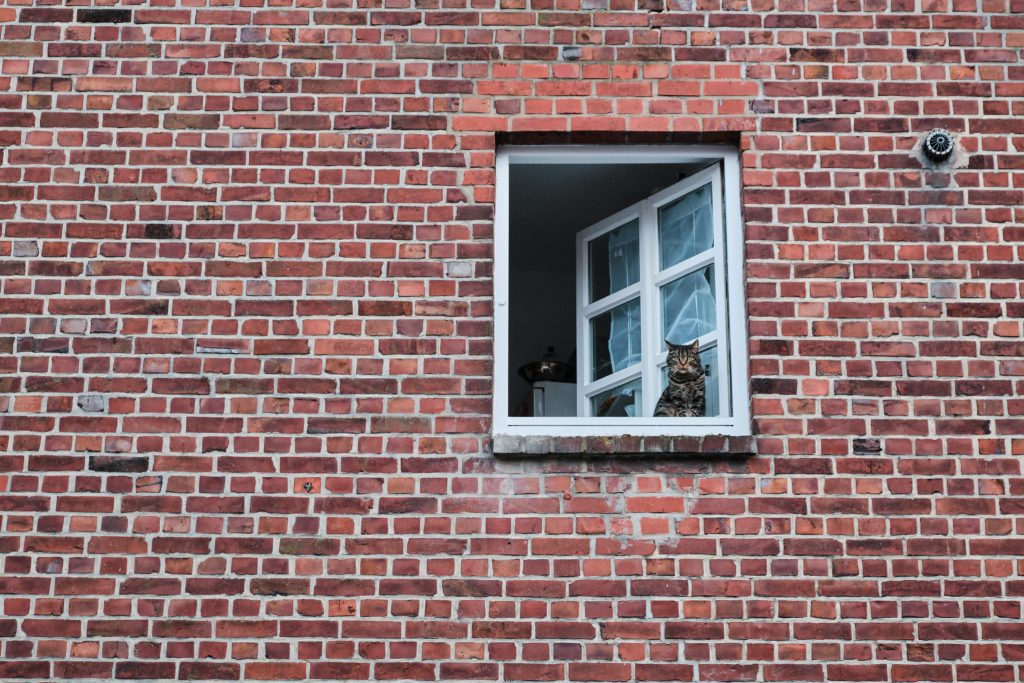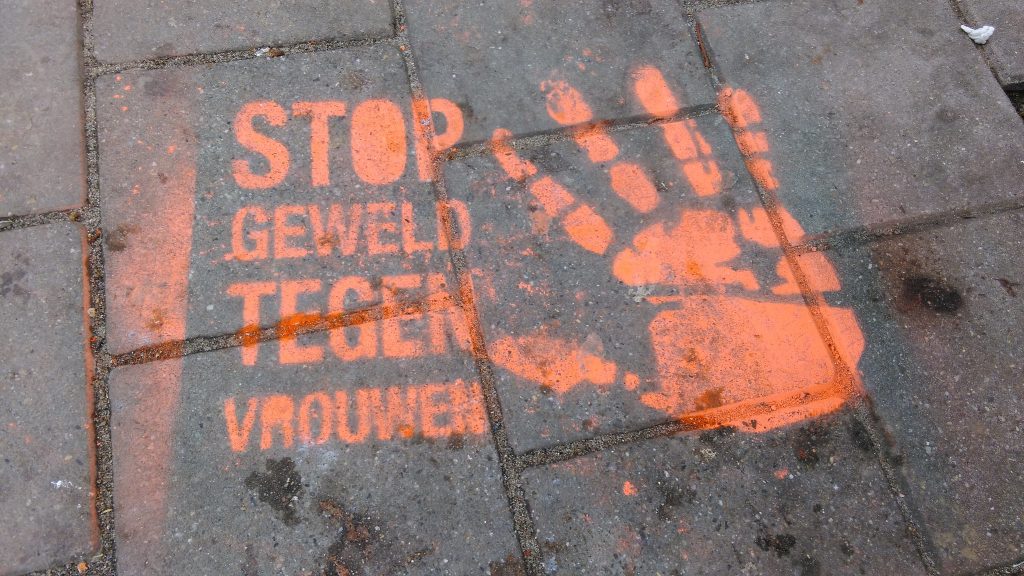UNESCO and the Mohammed Bin Rashid Knowledge Foundation (MBRF) organised the 3rd UNESCO OER World Congress from 19 until 20 November in Dubai, United Arab Emirates. Organised under the theme Digital Public Goods: Open Solutions and AI for Inclusive Access to Knowledge, the Congress participants discussed progress with the implementation of the 2019 UNESCO Recommendation on OER, how the Recommendation can contribute to the United Nation’s Secretary General’s Road Map for Digital Cooperation, Commitment 7 of ‘Our Common Agenda’: to “Improve of digital cooperation”, and contribute to the Global Digital Compact, and explored related international collaboration strategies.
The Congress culminated with the release of a draft guiding framework titled the “Dubai Declaration on OER: Digital Public Goods and Emerging Technologies for Equitable and Inclusive Access to Knowledge”. The Declaration will be published on the UNESCO website soon.

OEGlobal representatives, members and partners attended the Congress and presented during sessions focusing on the five main action areas of the Recommendation (i) building capacity of stakeholders to create, access, re-use, adapt and redistribute OER; (ii) developing supportive policy; (iii) encouraging inclusive and equitable quality OER; (iv) nurturing the creation of sustainability models for OER; and (v) facilitating international cooperation.
On the second day, Igor Lesko was part of a panel that explored the work of the UNESCO / IGF OER Dynamic Coalition (OER DC), a collaborative initiative within the Internet Governance Forum (IGF) focused on promoting the development and use of Open Educational Resources (OER) globally. The session emphasizes the Coalition’s efforts in building partnerships, ensuring effective liaison activities, and supporting multi-stakeholder collaborations alongside presentations of other existing networks contributing to these goals.
The recording of the session is here (panel starts at 1h 52 min). All the Congress recordings from the plenary room can be accessed here. The meeting assets (videos and photos) have been made available and can be accessed here.
Gathering of the Network of Open Orgs at the UNESCO OER World Congress

The UNESCO OER World Congress helped to facilitate an in-person gathering of the members of the Network of Open Orgs. Participants in the group photo to the right represent the Network of Open Orgs, coordinated by OEGlobal.
The Network aims to support practitioners and their national governments in enabling more effective implementations of OER by catalyzing collaboration on local, regional, and global Open Education initiatives that require concerted, coordinated efforts among a broad range of stakeholders.

